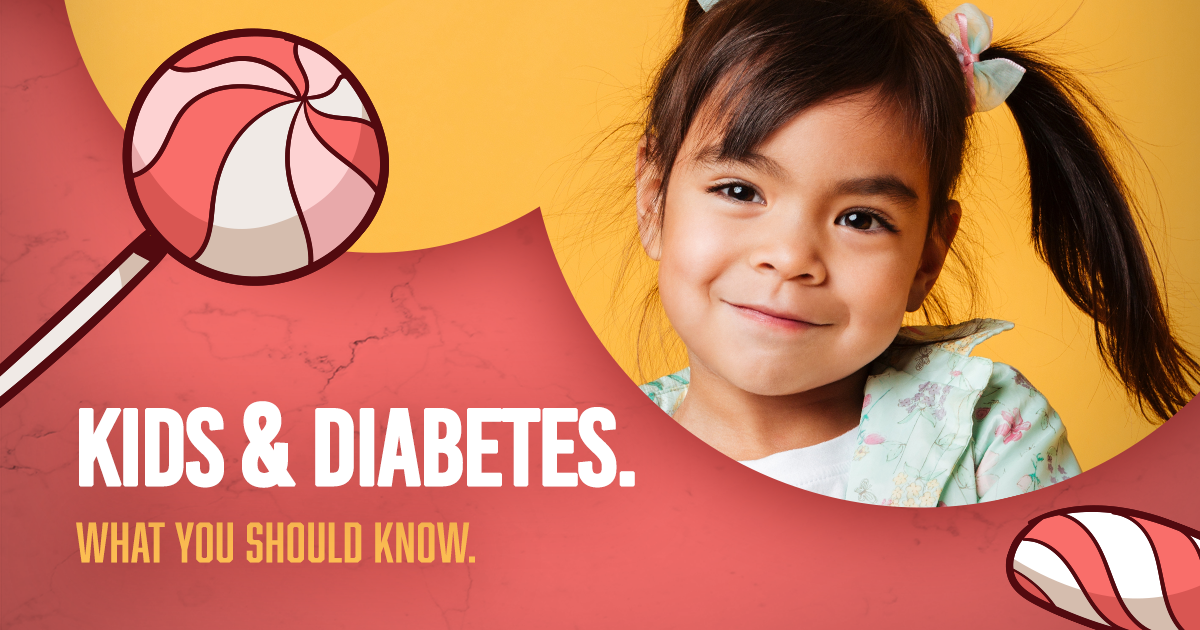Diabetes has two main types; type 1 (T1D) and type 2 (T2D). Having diabetes means your body’s insulin function is broken. Glucose or sugar is an energy that comes from the liver and what we eat. For sugar to be converted into energy, the hormone insulin (made by the pancreas) helps move it into the cells. With T1D, the pancreas doesn’t produce any insulin. For T2D, the body resists the effects of insulin or doesn’t make enough of it. Both result in the build-up of sugar in the blood. While young people who have diabetes have an increased risk of life challenges, learning how to recognize the signs can help with an early diagnosis.

Prevalence in Kids
Children and teens were once believed to have mainly T1D; it was called juvenile diabetes, while T2D was called adult-onset. Now, more and more children are being diagnosed with T2D due to obesity. The National Institutes of Health reported that 208,000 children and teens under 20 years had a diagnosis of either T1 or T2 diabetes in the United States in 2017. The prevalence of T1D increases by 1.8 percent, and T2D increases by 4.8 percent each year.
Common Symptoms:
Type 1:
- Increased thirst and urination
- Hunger
- Weight loss
- Fatigue
- Fruity smelling breath
- Blurry vision
Type 2:
- Urinating often, particularly at night
- Increased thirst
- Fatigue
- Unexplained weight loss
- Itching around genitals, possible yeast infection
- Slow healing cuts or wounds
- Blurry vision, as the eye’s lens, dries out
Clinical Research and Glucose Monitoring
No matter the type of diabetes you have, regular monitoring of your blood, sugar levels will be necessary. For children and teens, this can be a daily challenge to acclimate to. More work is needed to make this process more comfortable for our youngest diabetes patients. Clinical research studies are helping to advance solutions for glucose monitoring.

To learn more about studies enrolling at Florida Institute for Clinical Research looking into potential new options for type 1 and 2 diabetes, call (407) 658-0966, or visit our website.
References:
https://www.medicalnewstoday.com/articles/284974#diabetes_in_children



